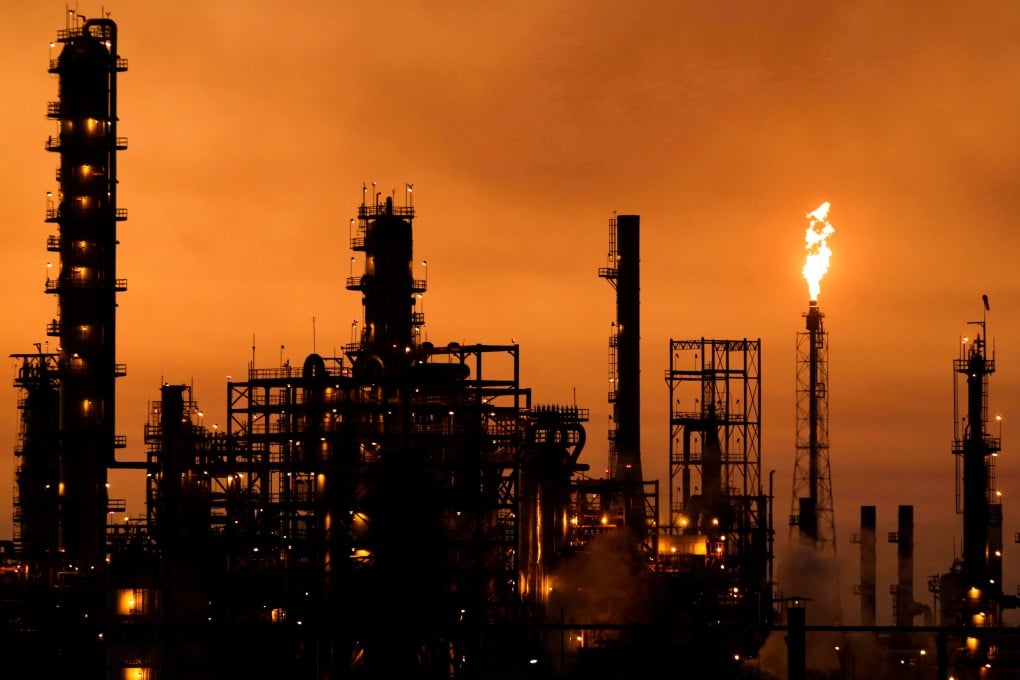Advertisement
Opinion | Climate change goals: it’s only fair to cut developing nations some slack
- As temperatures rise across the globe, the harsh reality is that those who burn the least fossil fuels lack the wealth to deal with climate change’s effects
- The developing world needs flexibility in climate adaptation plans, and that includes the option to explore and extract fossil fuels to help alleviate poverty
Reading Time:4 minutes
Why you can trust SCMP
11

The inherent injustice of climate change lies in the disproportionate impact it has on the most vulnerable populations, those who contributed the least to greenhouse gas emissions. While the consequences of rising temperatures unfold globally, the harsh reality is that those who burned the most fossil fuels have amassed enough wealth to shield themselves from the worst effects.
Advertisement
Between factors such as rising sea levels and increased temperatures, climate change will make certain regions of the world uninhabitable. Dealing with these effects is both energy-intensive and costly. Some areas now face more frequent and intense heatwaves, making cooling a life-saving need.
For the Global South, these challenges build atop existing issues of poverty, inequality and the remnants of past exploitation.
Reducing emissions is undeniably essential, but the pivotal question is whether the energy-secure Global North and energy-deficient South confront this challenge on equal grounds. Should countries with high emissions and those with negligible contributions be held to the same standard in cutting emissions? While every tonne of emission matters globally, it’s essential to understand that not all greenhouse gases are emitted equally.
Consider the recent scrutiny faced by Mexico and India for expanding their fossil fuel operations. Mexico’s power emissions increased by 11 per cent last year to more than 175 million metric tons of carbon dioxide, the highest level in more than five years. Naturally, this surge has raised concerns among climate trackers.
Advertisement
However, when viewed within the broader context, Mexico contributed just 1.4 per cent of global greenhouse gas emissions in 2021. A substantial drop in hydropower output required it to increase fossil fuel-powered electricity generation as a response to an immediate energy crisis.

Advertisement
